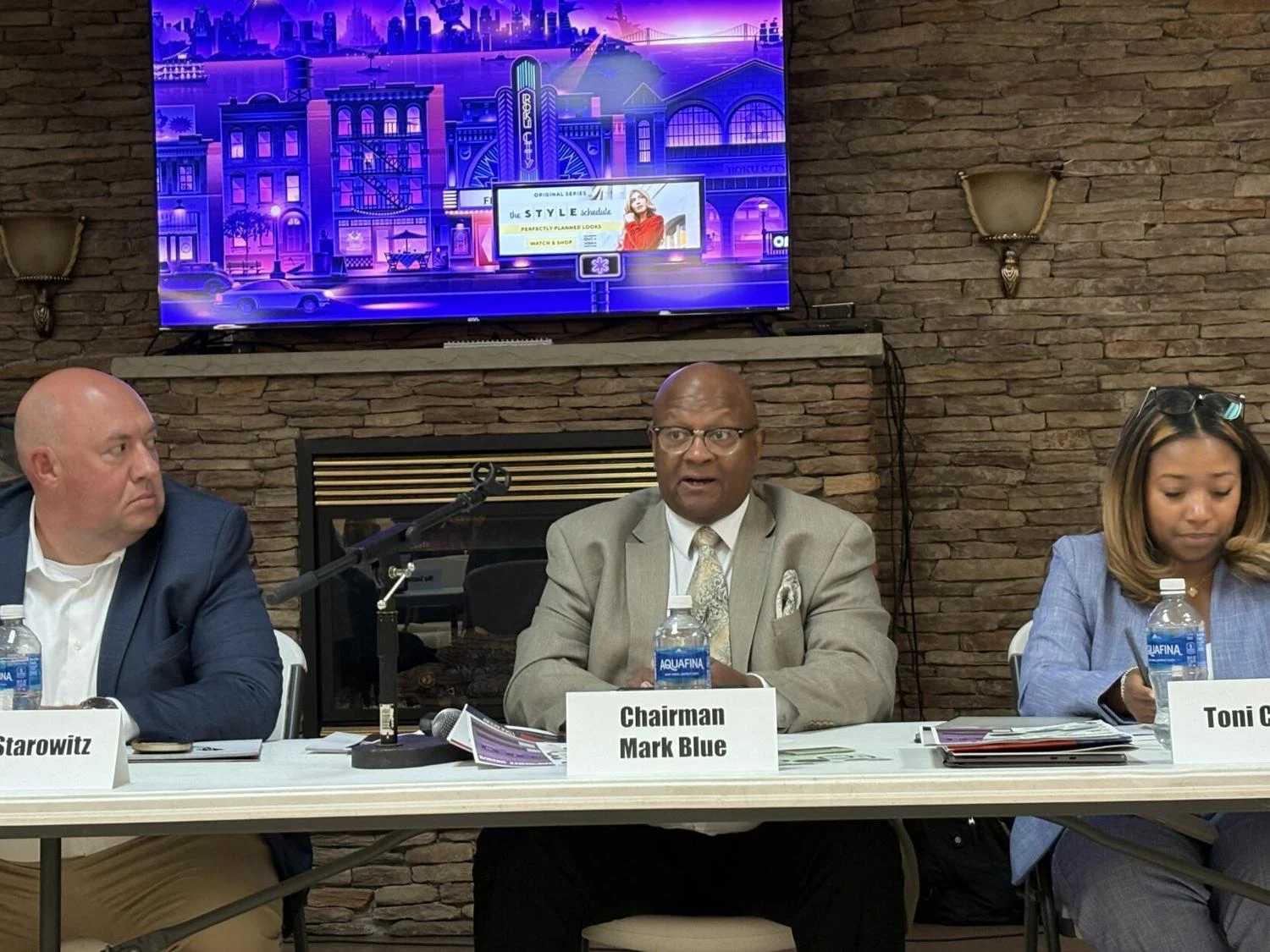
In what may feel like a confusing process lacking some transparency – real or perceived – many organizations hoping to get some funding from the Community Benefits Agreement as part of the new Bills stadium may not know how to proceed. A formalized grant procedure could go a long way toward adding clarity to the process. Sure, there will still be winners and losers. But at least there would be some measure of accountability.
Clarity is what the CBA, which has been criticized by some members of the East Side community, could use.
As reported by The News’ Michael Petro, for a second year, the New Stadium Community Benefits Oversight Committee allowed residents and community organizations to air their concerns to the Buffalo Bills. The subject: needs and funding those needs.
Fourteen people, representing 11 community groups focused on helping the underserved, spoke during a public forum at the Agustin Olivencia Community Center, 261 Swan St.
Community members told the Buffalo Bills on Tuesday about the services and programs needed to address issues surrounding youth, women, military veterans and people with mental and physical disabilities. For those living in poverty, the needs are as basic as food, clothing, housing and health care access, they said. But the team and Community Benefits Oversight Committee made it clear that the more than $3 million the Bills have committed to community initiatives annually for 33 years can only go so far and to so many groups.
The subject: services and programs needed to address issues surrounding youth, women, military veterans and people with mental and physical disabilities. For those living in poverty, the needs are as basic as food, clothing, housing and health care access.
The Bills have committed roughly $3 million annually for 33 years as part of the community benefits agreement tied to the building of the new $2 billion-plus stadium. that may seem like a lot of money, but, as the organization has stated, it can only go so far and to so many groups.
Applying for funds through a formalized grant process is not be a new concept to many of these groups. It is common and accepted practice. Awarding funds this way not only strengthens fairness in the process, it makes clear the specific goals of each group receiving funds. It also gives those not receiving funds a map for obtaining funds in the future.
Penny Semaia, vice president of new stadium relations for the Bills put it bluntly: “There are so many needs, and we’re conscious of that, but we’re also conscious that we can’t fill all of them,” adding, “But, at the very least, we want the opportunity to discuss it to see if there are synergies.”
The Rev. Mark Blue, committee chair, made the case that the oversight group is trying to do its part and that there is a misconception that the team only supports certain organizations. Still, perception is often reality for those who feel their projects remain unfunded or underfunded, or that their concerns are not being met.
For their part, the Bills say they invested more than $3.6 million as part of community initiatives in the past year, with a third of that spending coming from in-kind support on donated tickets, items and experiences.
The latest investment included more than $1.9 million for community and civic programs, more than $975,000 for economic development, and more than $697,000 for youth and education, summing up what the Bills spent in the community from March 29, 2024, to March 28, 2025.
The team has now invested more than $7.2 million in the community through fiscal years 2023 and 2024, required as part of a CBA over the 33-year life of the stadium lease and construction period.
The Bills community investment is expected to total more than $120 million over 33 years. The oversight committee was formed to provide monitoring and accountability in connection with that spending, as well as the construction, maintenance and operations of the stadium project.
A clear, competitive formalized grant process won’t satisfy everyone, but it would provide an appropriate structure for a community investment this sizable. It would provide the transparency these groups deserve.
What’s your opinion? Send it to us at lettertoeditor@buffnews.com. Letters should be a maximum of 300 words and must convey an opinion. The column does not print poetry, announcements of community events or thank you letters. A writer or household may appear only once every 30 days. All letters are subject to fact-checking and editing.



